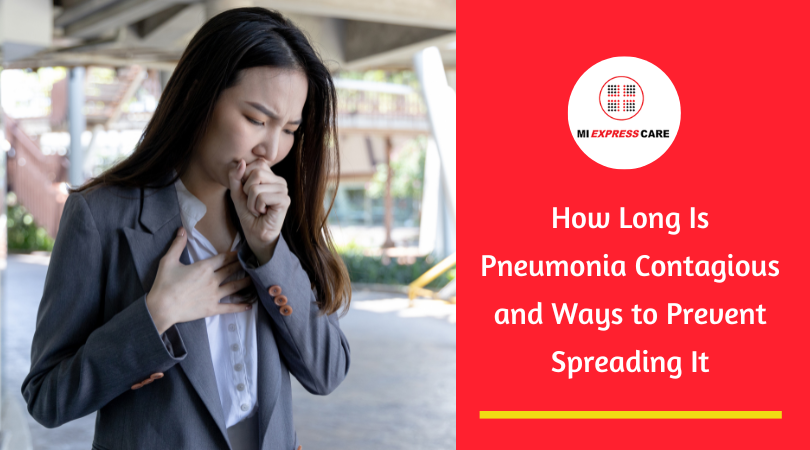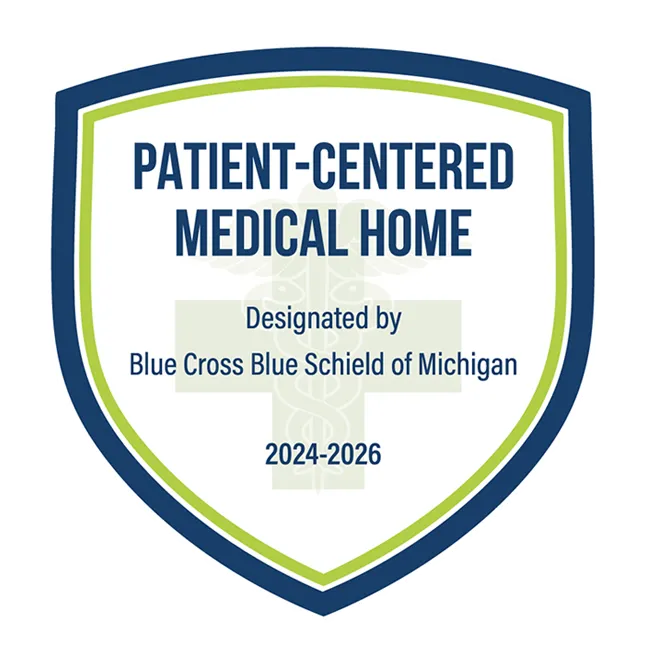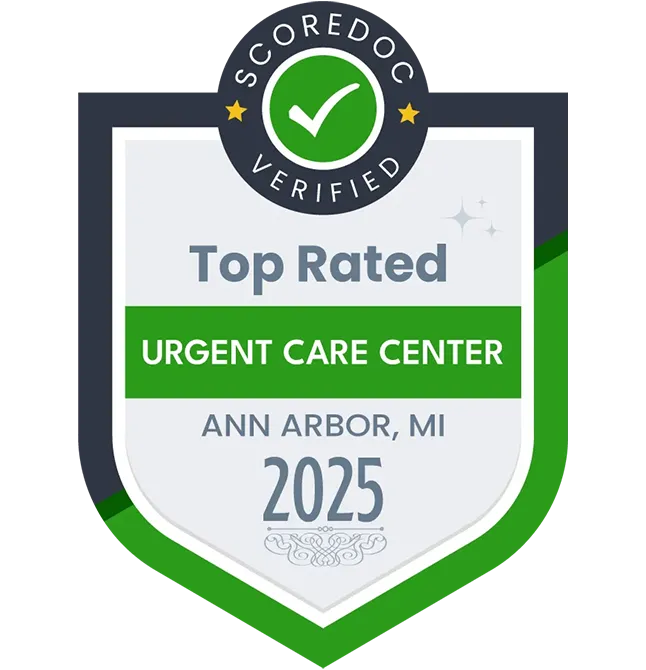


Pneumonia is an infection that affects the lungs, often causing cough, fever, chest discomfort, and fatigue. One of the most common questions people have is how long it remains contagious. Knowing this is important not just for your own recovery but also for keeping family, friends, and coworkers safe.
Find out how pneumonia spreads, the contagious period, and practical ways to protect yourself and those around you.
Pneumonia can result from several causes, and the type of infection determines how contagious it may be. The main categories include:
Bacterial pneumonia: Often caused by bacteria like Streptococcus pneumoniae. Antibiotics are usually effective, and the contagious period decreases quickly after treatment begins.
Viral pneumonia: Caused by viruses such as influenza or COVID-19. This type can last longer and tends to be more contagious.
Fungal pneumonia: Rare and typically not contagious, usually affecting people with weakened immune systems.
Understanding the cause is key to knowing how careful you need to be around others and how treatment will work.
It’s important to note that pneumonia itself isn’t always contagious, it’s the bacteria or viruses causing it that spread.
Bacterial pneumonia: People are usually contagious until 24 to 48 hours after starting antibiotics. Treatment reduces the risk of spreading bacteria rapidly.
Viral pneumonia: Contagion can last as long as symptoms like cough and fever are present, often a week or more.
Other factors, such as the severity of symptoms and an individual’s immune system, also influence how long pneumonia can be transmitted.
Even with treatment, certain symptoms suggest you could still be contagious:
Persistent fever
Cough producing mucus
Shortness of breath
General fatigue or feeling unwell
If these symptoms continue, it’s best to maintain precautions until fully recovered.
Pneumonia spreads mainly through:
Droplets released when coughing or sneezing
Close contact in homes, schools, or workplaces
Touching contaminated surfaces and then touching your face
Being aware of these routes helps you take practical steps to protect others.
Here are some effective measures to reduce the risk of infecting others:
Seek prompt treatment: Antibiotics for bacterial pneumonia or supportive care for viral infections.
Cover coughs and sneezes with a tissue or your elbow.
Practice good hand hygiene by washing hands frequently.
Avoid close contact until a healthcare provider confirms you’re no longer contagious.
Disinfect commonly touched surfaces, such as doorknobs, keyboards, and countertops.
Wear a mask around vulnerable individuals.
Stay home from work or school while contagious.
Even simple actions can significantly reduce the risk of spreading pneumonia.
Preventing pneumonia is as important as managing it. You can protect yourself by:
Getting vaccinations, including pneumococcal, flu, and COVID-19 vaccines
Supporting your immune system with balanced nutrition, adequate rest, and regular exercise
Quitting smoking and limiting alcohol
Managing chronic conditions, like asthma or diabetes, with regular care
A few proactive steps can go a long way in keeping your lungs healthy.
Seek professional care if you experience:
Severe shortness of breath
Chest pain
High or persistent fever
Coughing up blood or worsening symptoms
Visiting a primary care provider or urgent care ensures proper diagnosis, guidance on contagiousness, and advice on when it’s safe to return to normal activities.
Recovering from pneumonia can be challenging, but the care you take during this time matters beyond yourself. Staying mindful of symptoms, practicing simple precautions, and being considerate of those around you can prevent unnecessary illness.
Each cough covered, each surface cleaned, and each day you take to rest isn’t just recovery, it’s protecting the people you care about while reclaiming your own health.
Feeling unwell or unsure if you’re still contagious? MI Express Urgent Care in Canton & our other urgent care clinic in Ann Arbor is here to provide fast, expert care and guidance. Don’t leave your health, or the safety of those around you, to chance.
Get evaluated today, take the right precautions, and breathe easier knowing you’re protecting yourself and your loved ones.
Bacterial pneumonia is usually contagious for 24–48 hours after starting antibiotics, while viral pneumonia remains contagious as long as symptoms like cough and fever persist.
Viral pneumonia spreads through droplets when coughing, sneezing, or close contact, making hygiene, masks, and distancing important to protect others.
Persistent fever, ongoing cough with mucus, shortness of breath, fatigue, and general illness indicate that you may still be contagious to others.
Cover coughs and sneezes, wash hands frequently, disinfect surfaces, wear a mask around vulnerable people, and avoid close contact while contagious.
Return once symptoms improve and you’re no longer contagious, usually 24-48 hours after antibiotics for bacterial pneumonia or after viral symptoms fully resolve.




